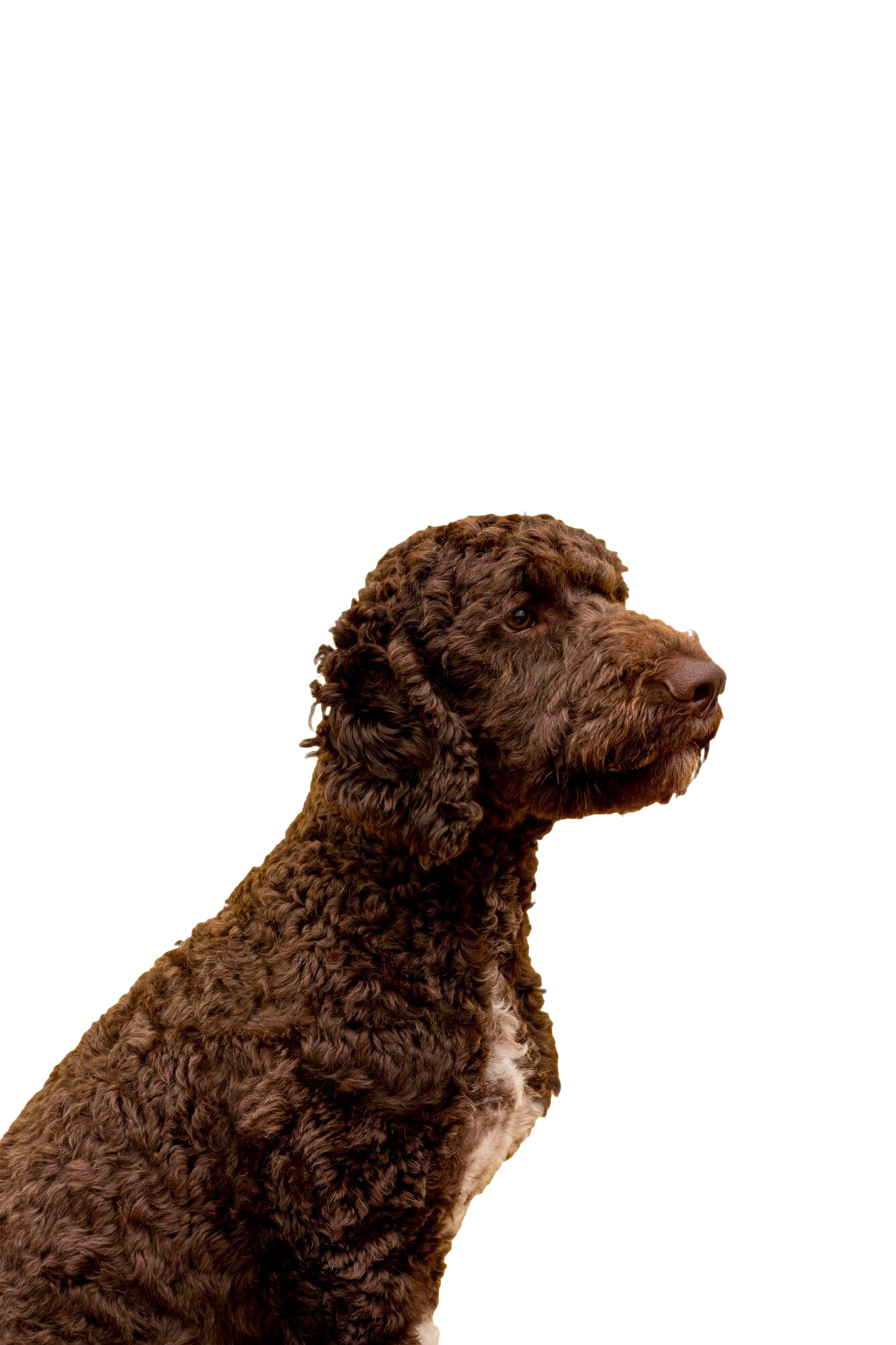
Is it normal for a Dachshund puppy to be aggressive
Is it normal for a Dachshund puppy to be aggressive? This is a common question many new Dachshund owners find themselves asking when their playful puppy suddenly shows signs of growling, snapping, or biting. Understanding the roots of this behavior—and more importantly, how to handle it—can help you nurture a well-behaved, balanced dog while protecting your home and family. This post dives deep into the nature of Dachshund puppy aggression, the causes, prevention strategies, and expert advice to guide you through raising a confident and friendly companion.
Key Takeaways
- Puppy aggression can be normal but should be carefully managed to prevent long-term behavioral issues.
- Aggression often stems from fear, pain, frustration, or lack of socialization.
- Early training, socialization, and positive reinforcement are essential to curb aggressive tendencies.
- Understanding breed-specific traits helps set realistic expectations for your Dachshund puppy.
- Consulting veterinarians or professional trainers is advisable if aggression persists or escalates.
Is It Normal for a Dachshund Puppy to Show Aggression?
Dachshunds are lively, intelligent dogs with a bold personality despite their small stature. It’s important to recognize that some level of aggressive behavior—such as growling, barking, or nipping—can be typical during puppyhood as your Dachshund tests boundaries and explores social interactions. However, persistent or severe aggression is not normal and should be addressed immediately.
Common Types of Puppy Aggression:
- Fear-Based Aggression: Puppies may react defensively when they feel threatened or cornered. This is often a survival instinct rather than true hostility.
- Possessive Aggression: Some puppies guard toys, food, or even people, showing growls or snaps when others approach.
- Play Aggression: Nipping and biting during play is common but should be managed early to prevent escalation.
- Frustration or Redirected Aggression: When puppies cannot reach a stimulus that excites or frustrates them, they might lash out unexpectedly.
Understanding these types helps distinguish between normal development and problematic behavior.
Why Does My Dachshund Puppy Show Aggression?
Several factors contribute to why your Dachshund puppy might display aggression:
1. Genetic and Breed Traits
Dachshunds were originally bred for hunting badgers, requiring bravery and determination. This background can translate into a fearless, sometimes stubborn personality, making them more prone to guarding behaviors or assertiveness if not properly socialized.
2. Lack of Early Socialization
Puppies need exposure to different people, animals, and environments during critical developmental periods. A lack of this exposure can result in fear and defensive aggression.
3. Pain or Medical Issues
Pain is a powerful trigger for aggression. Dachshunds are prone to spinal problems, like intervertebral disc disease, and joint issues such as a luxating patella, which can cause discomfort. If your puppy shows sudden aggression, a vet visit is crucial. You can learn more about luxating patella here.
4. Inconsistent Training or Reinforcement
If puppies receive mixed messages—sometimes punished for growling, other times rewarded for biting—they can become confused and react aggressively.
5. Fear and Anxiety
New environments, loud noises, or sudden changes can trigger fear responses expressed as aggression.
How to Manage and Prevent Aggression in Your Dachshund Puppy
1. Begin Socialization Early and Often
Expose your puppy to a variety of people, dogs, sounds, and environments gently and positively. Puppy classes are a great place to start.
2. Use Positive Reinforcement Training
Reward calm, friendly behavior with treats, praise, or play. Avoid punishment-based methods which can increase fear and aggression.
3. Teach Bite Inhibition
Encourage gentle play and discourage biting by withdrawing attention or using a firm “no” when your puppy nips too hard.
4. Provide Mental and Physical Stimulation
A tired puppy is less likely to act out aggressively. Use puzzle toys, regular walks, and training sessions.
5. Create a Safe and Calm Environment
Minimize stress triggers and provide a quiet space where your puppy can retreat if overwhelmed.
6. Monitor Health Closely
Regular veterinary checkups can identify pain or illnesses early. Prompt treatment can prevent aggression caused by discomfort.
Similar Focus Keywords and Subtopics
- How to stop Dachshund puppy aggression
- Why is my Dachshund puppy biting aggressively
- Dachshund puppy growling and snapping reasons
- Managing possessive aggression in Dachshunds
- Dachshund puppy socialization tips for aggression
Listicle: Top Goldendoodle Breeders in [Your Location]
If you are considering other family-friendly breeds known for gentle temperaments alongside or instead of a Dachshund, here’s a long list of trusted Goldendoodle breeders recognized for quality, health testing, and customer satisfaction:
- Golden Paws Goldendoodles – California: Excellent health guarantees and puppy socialization programs.
- Blue Ridge Goldendoodles – Virginia: Focus on allergy-friendly coats and balanced temperament.
- Sunset Valley Goldendoodles – Oregon: Puppy training and socialization start early.
- Lakeshore Goldendoodles – Michigan: Lifetime breeder support and genetic health testing.
- Prairie Goldendoodles – Nebraska: Mini and standard sizes with careful health screenings.
- Heartland Goldendoodles – Missouri: Calm, family-oriented puppies with behavioral support.
- Maplewood Goldendoodles – New York: Detailed care guides and socialization advice.
- Cascadia Goldendoodles – Washington: Eco-conscious breeders emphasizing temperament.
- Southern Charm Goldendoodles – Georgia: Socialization and obedience training focused.
- Rolling Hills Goldendoodles – Utah: Nutritional guidance and early behavioral interventions.
- Mountain View Goldendoodles – Colorado: Large litters with early socialization.
- Coastal Goldendoodles – North Carolina: Hypoallergenic coat focus with family integration.
- Evergreen Goldendoodles – Washington: Genetic testing to prevent hereditary issues.
- Bay Area Goldendoodles – California: Puppy wellness packages and health guarantees.
- Golden State Goldendoodles – California: Temperament testing and lifelong support.
- Desert Rose Goldendoodles – Arizona: Obedience and social skill emphasis.
- Northern Lights Goldendoodles – Minnesota: Allergy-friendly, calm pups.
- Seaside Goldendoodles – Maine: Known for gentle family temperament.
- Sunshine Goldendoodles – Florida: Health-focused breeding with longevity goals.
- Happy Trails Goldendoodles – Texas: Stable temperament and early training commitment.
Conclusion
Is it normal for a Dachshund puppy to be aggressive? Mild aggression can be part of normal puppy development, but unchecked or intense aggression is a sign that you need to intervene early. Understanding the causes—from genetics and socialization deficits to pain or fear—allows you to respond thoughtfully.
Prioritize early socialization, positive reinforcement, and regular veterinary care to nurture a confident, friendly Dachshund. Never ignore signs of discomfort or persistent aggressive behavior; professional help from trainers or vets is essential.
At AdoptElitePuppies.com, we’re committed to guiding you through every stage of puppy care. Our resources and expert advice help you build a loving, harmonious relationship with your new best friend.
Frequently Asked Question
Q: When should I be concerned about my Dachshund puppy’s aggressive behavior?
A: You should seek help if your puppy’s aggression is frequent, intense, or escalating—especially if it includes biting that breaks skin, growling without clear triggers, or aggressive behavior toward family members or other pets. Early intervention is crucial to prevent aggression from becoming a lifelong problem. Consulting a professional dog trainer or veterinarian is recommended when aggression interferes with daily life or safety.
For more insights and trusted puppy resources, visit AdoptElitePuppies.com, your partner in raising happy, healthy dogs.




